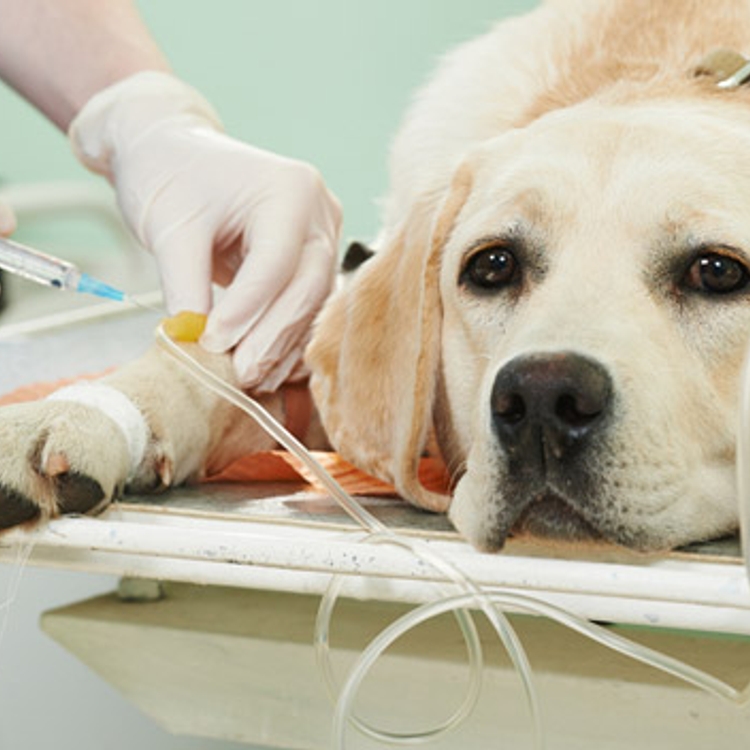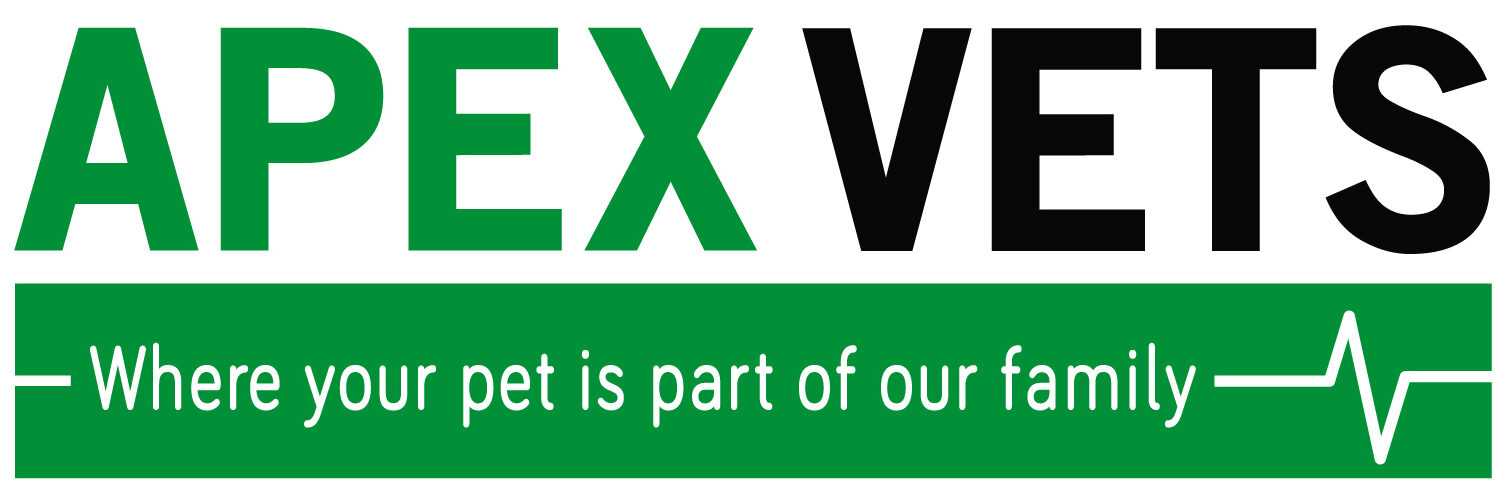What is an emergency?

An emergency is when your pet is in a situation which poses an immediate risk to your pet’s health and requires urgent medical attention. Emergency circumstances will vary greatly, and so we have put together this guide to help in your decision in calling for out of hours advice or treatment.
A list below of Common Emergencies
- Poisoning
- Road Traffic Accidents
- Collapse
- Seizure/Fitting
- Foreign Body
- Stings and Bites
- Cuts and Scrapes
- Excessive Vomiting or Diarrhoea
- Struggling to pass Urine
RTA
Every dog owner’s worst nightmare. Call the vet asap to let them know and give them a chance to prepare theatre and have staff on hand.
You should carefully move the pet by using blankets and go to the nearest vet asap for treatment (even if not registered). If there is significant bleeding, apply pressure to the area continuously.
Bleeding and Wounds
If your pet has had an injury which has resulted in tearing of the skin, this will require medical attention. For bleeding wounds, apply continuous pressure with a tea towel or a t-shirt. Try not to use cotton wool as it can stick to wounds. Then call the Vet immediately for advice.
Leaving a wound to heal on its own will rarely work, as they can get infected from licking and may require surgical intervention or a bandage. Lots of people think if a dog licks their wounds it will heal, however this will greatly increase the risk of a wound infection. We would recommend using a buster collar to prevent your pet from licking at their wounds.
Common Poisoning
- Rat bait – causes bleeding disorders
- Slug bait – causes fits
- Anti-freeze – mostly cats but dog can also be at risk
- Chocolate – the darker the chocolate the more toxic
- Grapes, raisins, fruit cake – these can cause kidney damage or even kidney failure. Even 1 grape or raisin can cause damage, so we always take this seriously.
- Human medications – always good to bring in the packet, bottle with you to the vet.
- Lily Pollen – extremely dangerous, cats just need to brush past it, have it on their paws and lick it and this will kill a cat.
- Onions – Anaemia
- Chewing gum from the street- low blood glucose
Call the vet immediately for advice, never decide to wait and see what happens.
Collapse
If your dog has collapsed, check for a response/signs of consciousness. Check if your pet is breathing and check for a pulse/heartbeat. Call the Vet ASAP for advice.
Seizure/Fitting
If your pet starts having a seizure/fit and it is their first time, try to stay calm. Ensure your pet is safe and not in a position that may cause them injury. Keep yourself safe, your pet may bite as they are not aware of what is happening. Call the Vet ASAP. It is beneficial to time the length of your pet’s seizure.
Stings and Bites
These can be painful but not usually an emergency unless they go into anaphylactic shock. Signs can include swollen face, panting, discomfort, restlessness and lethargy.
*Note – if your pet is bitten by an adder always call us immediately.
If you are at all unsure, give us a call for advice from our Veterinary Surgeon.
Stick Injuries
Don’t throw sticks. Sticks can be very dangerous for our pets and can cause puncture wounds and internal blocking if swallowed. Alternative to sticks for clients to buy is safe-stix.
Try not to remove the stick if it is stuck in your pet unless necessary. Let your vet remove if possible as sticks can be penetrating deeper into tissues than we realise.
Overheating
This can kill your pet, and often occurs in hot cars. Even if the window is slightly open, there is still not enough airflow. If the dog gets anxious, they over-heat and can die very quickly.
If you see a dog in distress, run tepid water over them to help to cool them down. Avoid using cold water as this could lead to shock. You can cover them with wet towels if you are unable to run water over them, but do not allow the towels to dry, ensure they are kept wet. Aim to get the dog seen by a vet as soon as possible.
Bloat & Twisted Gut
This is a true emergency and needs to be seen immediately. Symptoms include; retching, trying to vomit unsuccessfully, excess drooling and saliva, rounded abdomen.
Tends to be deep chested breeds who suffer from this. No dog should be exercised after a meal and aim to leave one hour after a meal before exercising. Encourage slower eating and raised feeding bowl.
Pyometra
This is when the womb becomes infected and filled with pus. In season the cervix is open, and bacteria goes in, after season the cervix closes, and bacteria is trapped inside and multiplies forming pus.
Symptoms include; increased drinking, licking round the back end, strong smell, lethargy, sometimes large tummy. This happens rarely in cats.
Difficulty giving birth
This more commonly occurs through the night.
Symptoms: Dog straining but no pups coming. Usually a blockage from a pup blocking the entrance.
This can happen for several reasons, the most common being that the pup is too big for the birth canal, or that the uterus is not contracting properly. If you know your bitch is going to have pups, speak to us for advice well in advance so you are aware of what should be happening and when.
A Blocked Bladder
This is more common in cats but can also occur in dogs and is most common in Dalmatians.
Symptoms include; straining to pee, urinating more frequently, vocalisation when trying to pee, constipation, vomiting, diarrhoea. If your pet is trying to urinate but not passing ANY urine, phone straight away as this is a true emergency. When in doubt, give us a call.
Vomiting and Diarrhoea
This is very common in dog and is occasionally seen in cats. Two of the most common reasons are dietary indiscretions (dogs in particular eating something they shouldn’t have!) and tummy bugs. Mild cases of vomiting and/or diarrhoea often respond to symptomatic treatment of bland diet and probiotics.
When should you call the vet out of hours?
- Inability to keep water down
- Lethargy/dullness
- Blood in stools
In these circumstances your pet may need seen as an emergency. To check for underlying problems and to assess if they are dehydrated.
Take Home Advice
At Apex Vets we provide our own 24 hour emergency service, which provides you with the peace of mind that if your pet is in urgent need to a vet that cannot wait until the morning or until the weekend has passed, all you need to do is call us on 01324 829989 and you will be put in contact with our on-call duty Veterinary Surgeon.
Try not to panic, you can do so much more for your pet if you try and keep calm






